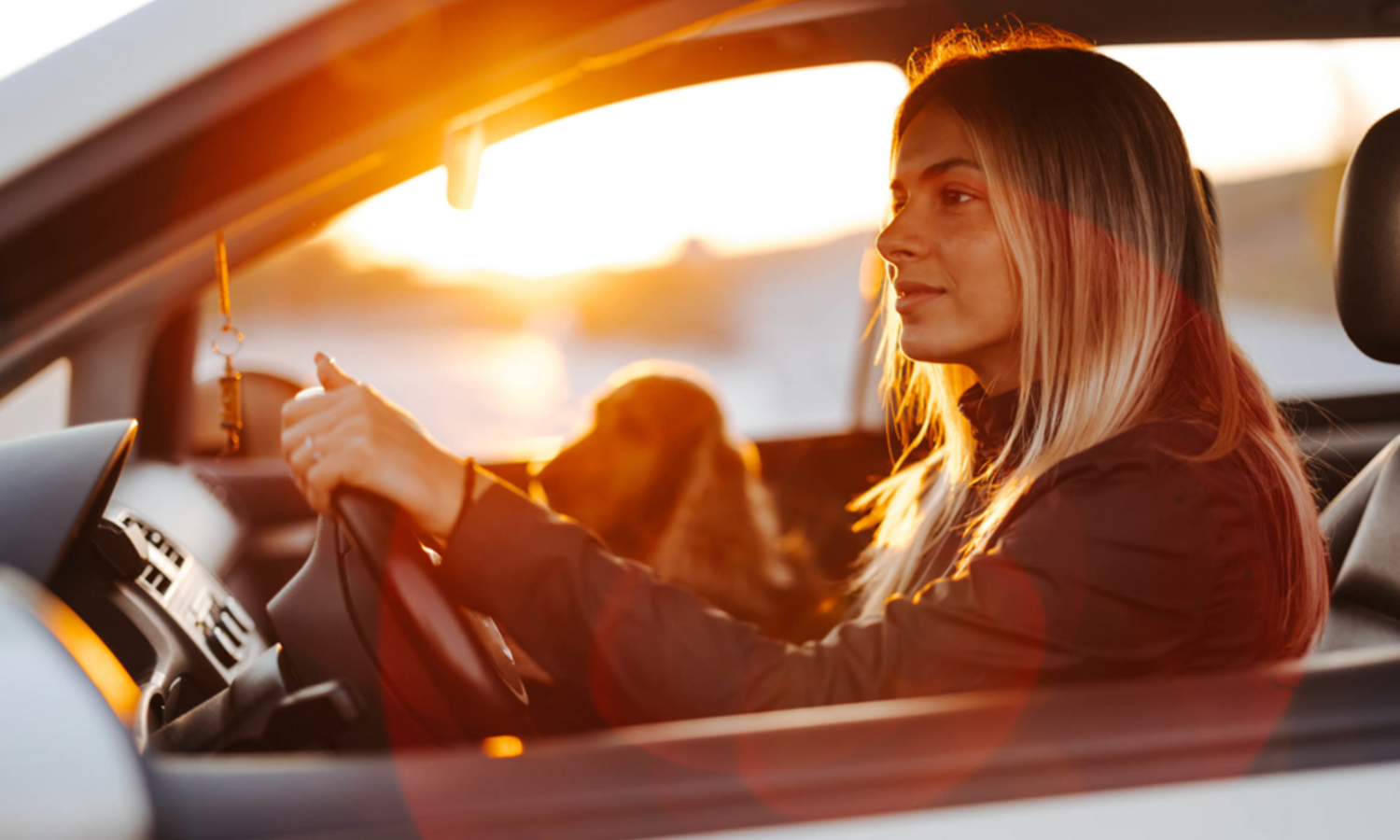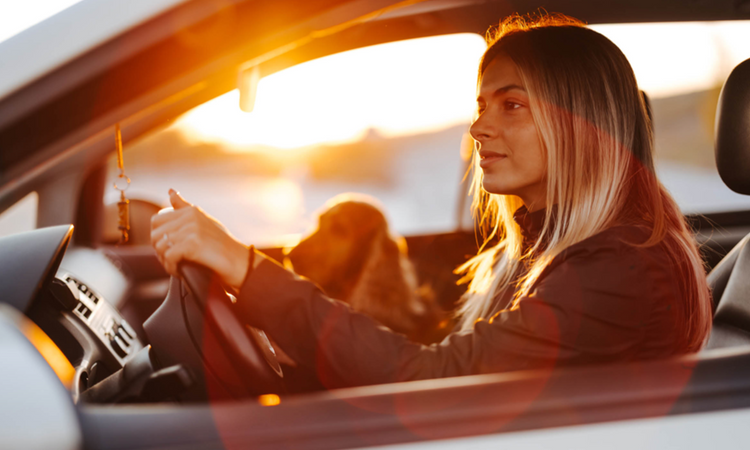Exploring how seasonal changes impact our eye health
The clocks have turned back, and winter is officially around the corner—which means the days are shorter, the nights are longer, and temperatures are about to drop deeper. Now, the question is, how do these seasonal shifts impact our eyes? Just as winter weather can take a toll on our bodies and mental state—hello, winter blues and dry skin—changes in temperature and lighting can also aggravate our eyes.
Transition from daylight saving time to standard time
For starters, in the fall, when we transition from daylight saving time to standard time, we gain an hour of sleep. While that might seem like a godsend, it can throw off our sleeping patterns immensely, which, in turn, can impact our eyes. That’s because there’s a direct correlation between the quality of our sleep and the health of our eyes.
Less natural light
Eye strain is generally more common in the winter months, since there is far less natural light. The switch to standard time means we have sparing exposure to sunlight and much more darkness—and, naturally, it’s harder to see in the dark. Unfortunately, it’s already pitch black by the time 5:00 p.m. rolls around, requiring our eyes to work extra hard to complete tasks, even when artificial light is present. In fact, fluorescent lighting has been known to spur eyestrain, and incandescent light can also cause issues.
Plus, as we age, it becomes even more difficult to see during low-light conditions, due to the aging retina and the natural narrowing of the pupils. That’s why it’s especially critical to book a comprehensive eye exam as winter approaches. If your vision is compromised in any way, it’s important to correct it before the days get darker.
Ways to deal with darkness when driving
Driving in the dark is an inevitable part of winter. Fortunately, there are things you can do to make seeing in the dark easier—and safer.
Here are a few important tips when driving in darkness:
● Wear anti-reflective eyewear.
● Clean your windshield.
● Clean your headlights.
● Dim your dashboard lights and interior lights.
● Use your high beams, but only when needed and safe.
● Drive slower and more defensively than usual.
Light sensitivity
Another eye-related winter woe is light sensitivity. While we need to be more aware when completing tasks in the dark, our eyes can also be impacted during daylight, particularly when snow and ice are in the picture.
Although winter might seem comparably gloomy, when sunlight hits snow or icy surfaces, it can be blindingly bright. In fact, snow reflects about 80% of the UV rays that hit it.
“Snow blindness,” is a real concern, and although it’s temporary, it is a very painful condition caused by overexposure to the sun’s UV rays, which can damage the corneas. Symptoms range depending on the level of severity, but generally, snow blindness is accompanied by blurred vision, itching, burning, headache, red and swollen eyelids, and tearing.
The best way to protect yourself from snow blindness and light sensitivity in the winter months is by wearing sunglasses. Indeed, shades are for all seasons. If you are snow skiing or snowboarding (or engaging in other winter sports), it’s best to wear a protective pair of goggles, which not only shield your eyes from a potentially harsh fall, but they also offer superior sun protection.
Dry Eyes
Winter weather means decreased moisture levels, which—in the world of eye health—means dryer eyes. Brisk outdoor air, coupled with increased indoor heating, can lead to dryness, including on the skin, lips, and eye area. The best way to combat dry eyes in the winter is to use artificial tears regularly, and hydrate as much as possible. Humidifiers can also help treat chronic dry eyes.
Excessive Tearing
Although some people struggle with dry eyes in the winter, others have an overabundance of tears—often triggered by exposure to strong winds and frigid air.
It’s very normal for your eyes to water when you step outside for prolonged periods. Still, it can be irritating to deal with. The best mitigation mechanism for this is to simply wear sunglasses, which should help shield your eyes from harsh winds.
The best way to protect your eyes during the winter—and any season, for that matter—is to get your eyes regularly evaluated by a professional. Take this as your friendly reminder to make an appointment for a comprehensive eye exam at an Visique clinic near you!

